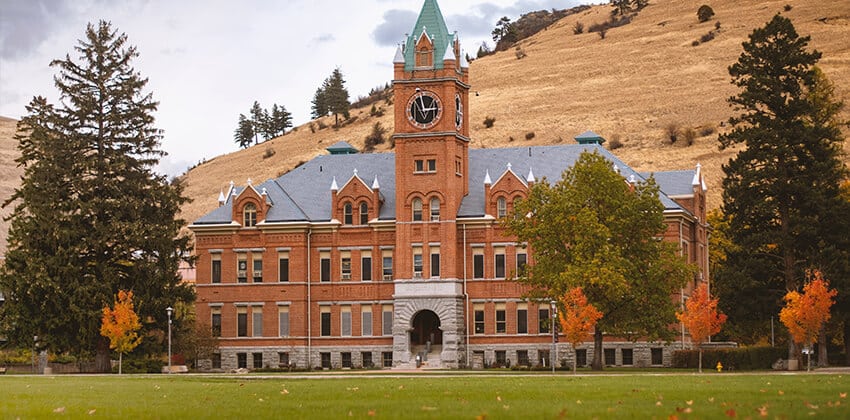
Before you send in your resume, you need to ensure that it has all the necessary sections. One crucial part of your resume is the education section. Below, we go over why you need to include your education, how to format that section of your resume, and answers to common questions.
Why You Should Include Your Education in a Resume
Your education is important to include in your resume because it showcases your qualifications for the position. When applying for jobs, be sure to include any degrees or professional certifications.
Where to Put Your Education in Your Resume
Unless you’re a recent graduate, your education should be at the bottom of your resume after your experience.
The only exception is if you’re applying for a job that must have a specific credential. In that case, a hiring manager may look for that first before reading anything else on your resume. For example, a company hiring a cybersecurity professional may look to see if you have an ISC(2) certificate.
If you’re a recent college graduate with minimal work experience, you’ll want to put your education at the top of your resume.
How to Format Your Educational Experience
To list your education on your resume, you need to include:
- Your community college, college, or university name (i.e., Louisiana State University)
- The location of the institution (i.e., New Orleans, Louisiana)
- The degree you received (i.e., Bachelor of Arts in Latin American Studies)
- GPA (if it’s impressive)
All together, that should look like:
Louisiana State University | New Orleans, Louisiana
Bachelor of Arts in Latin American Studies
4.0 GPA
In addition, if you have completed graduate-level education, you want to list your degrees in reverse chronological order. For example:
New York University
Master of Science in Chemistry, 2019
Louisiana State University
Bachelor of Science in Chemistry, 2016
Common Questions About Formatting Your Education
Want to learn more about including education on your resume? Below are a few answers to common questions about formatting the education section of your resume.
Do I Need to Include My GPA?
Unless you’re a recent graduate, you don’t need to include your GPA. Don’t list your GPA on your resume unless it’s impressive—generally a 3.5 or higher. If you weren’t scholastically inclined, don’t worry. A simple listing of the degree or diploma you earned and the institution you where received it should suffice.
What If I Never Went to a College or University?
Not every job requires a college degree. Some companies, like Google, have recognized that some job postings don’t need a college degree.
If you don’t have a postsecondary degree, you need to highlight your most relevant experience to emphasize your qualifications. It’s also paramount that you include quantifiable achievements to position yourself as a competitive candidate for the job. You can also check out a resume sample for job seekers without a degree.
I’m Currently Working Toward My Degree—How Do I Include That?
If you’re in college or graduate school, you obviously don’t want to wait to start your job search until after you’ve received your diploma. You can and should list your education as a selling point on your qualifications as a job candidate.
To list education in progress, you can include your degree, GPA (if applicable), and expected graduation date. For example:
Louisiana State University
Bachelor of Science in Chemistry
Expected to Graduate May 2024
3.7 GPA
Make Your Resume Shine
A resume is a vital part of your job search. A good resume will highlight your achievements, education, and what makes you the most qualified for the job.
Don't forget to share this article with friends!




